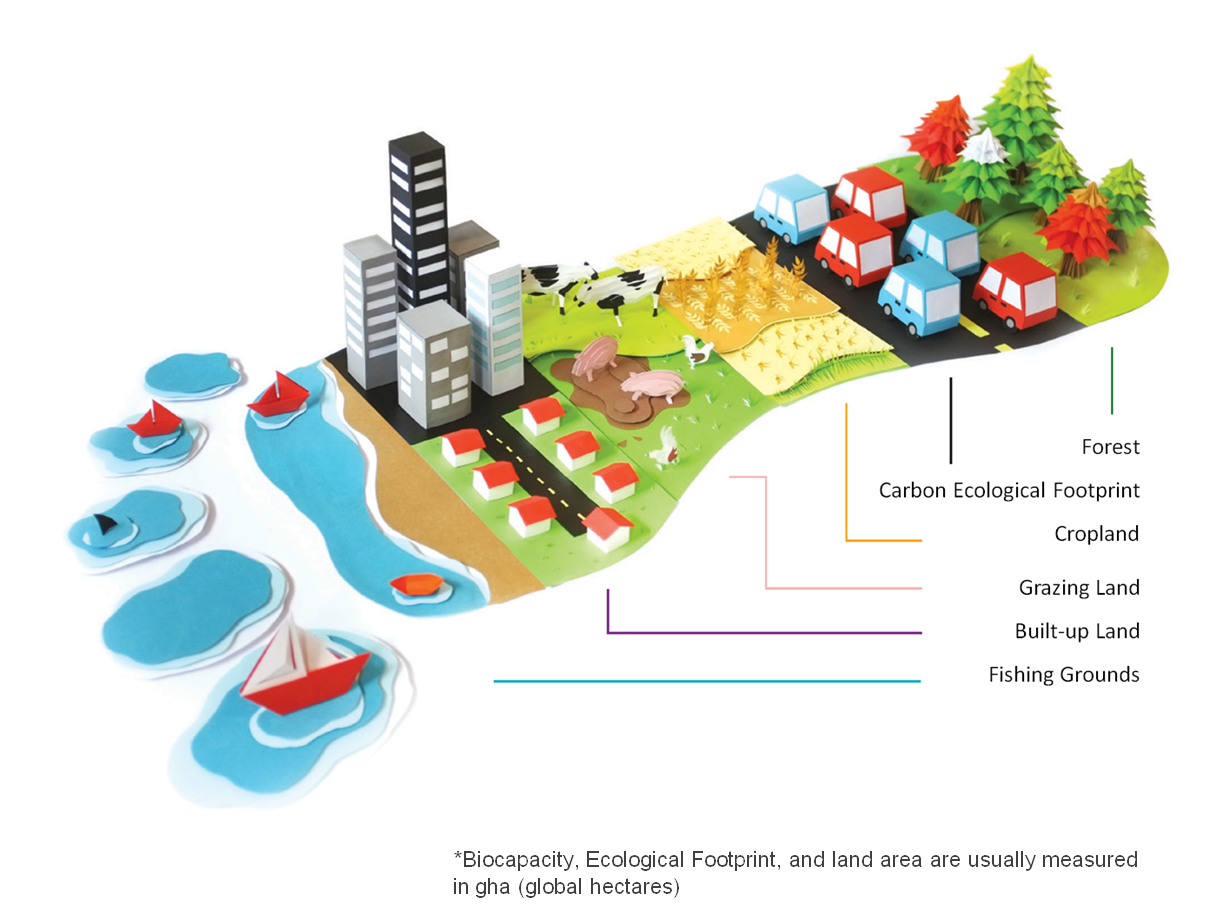Blogs
Having read my peers blogs, their determination in the subject matter has made me seen how much they want to solve the issues that are being faced not only locally but globally. Their contribution in their blogs have given me a broad understanding of what we are up against which cannot be solved by one person but by everyone because we are strong together.
Sharing my view on the Ecological Footprint, the simulation has education me in a way that it's a well profound platform which is easy to use and also how to allocates data in different countries is quite amazing. The reason to why i find these simulations helpful is that they are able to provide users with practical feedback and also the results are accurate.
Getting straight to the point, what is an Ecological Footprint?...
In my view, the Ecological Footprint measures human demand on nature, i.e, the quantity of nature it takes to support people or an economy. It tracks this demand through an ecological accounting system. The accounts contrast the biologically productive area available within a region or the world (bio-capacity). In short, it is a measure of human impact on Earth's ecosystem and reveals the dependence of the human economy on natural capital.

Also, one needs to know that the Ecological footprint is obtained by looking at all of the biological materials consumed, and all of the biological waste that is removed or given out by that person in a given year.
In my country, having asked people "What are the most harmful consumer activities?" . Having combined their response, this what i have collected:
Small motor vehicles: the use of motor vehicle causes more environmental degradation because these vehicles emit a lot of toxic fumes from the combustion of fossil fuels which in this case is the fuel. Motor vehicles have been said to be one of the major environmental pollutants in the whole world.
Beef farming and poultry: the production of poultry and beef farming on ranches requires a lot of water and land so as to produce the commonly used products. A lot of the country’s land is put to these activities that normally lead to excessive environmental degradation. Red meat is also not healthy for excessive consumption.
Sewage from homes and wastes: sewage from home majorly contributes to water pollution because of leaking pipes and poor treatment of the sewage. This mainly affects urban areas where the sanitation services are poor because of congestion.
Growing vegetables, crops and most fruits like strawberries uses a lot of water for irrigation so that the need of consumers who form a ready market can be satisfied. The growing of all these crops also requires application of fertilizers to improve on productivity and these fertilizers are also pollutants. A substantial piece of the country’s land is also utilized.
The use of fossil fuels in the rural areas among people who cannot afford the use of cleaner sources of energy is also on the increase of the effect. The fossil fuels have been proved to really increase the amounts of pollution especially in third world countries. This is a consumer related problem that has proven difficult to handle.
Heating homes and air conditioning in big offices has a major impact on the global warming effect because some gases released trap heat from leaving the surface of the earth.
Setting up of settlements also leads to the destruction of ecosystems of wildlife through clearing of forested areas for settlement.
So, that is the information collected from different people.
These matters can be solved because many of us have their visions of a sustainable world in that, in those worlds these issued have been dealt. I understand that it will take some time but its worth it.
~Michael Oyaro
Post comment
1 Comment(s)
Hello Michael, thank you this all very interesting information. It would be helpful if you could add your on perspective, look at the theme. What does all this mean for climate change and reducing pollution? A recurring theme here is poverty - what challenges does this raise for combating climate change?

Lebogang Disele
Oct 5, 2017